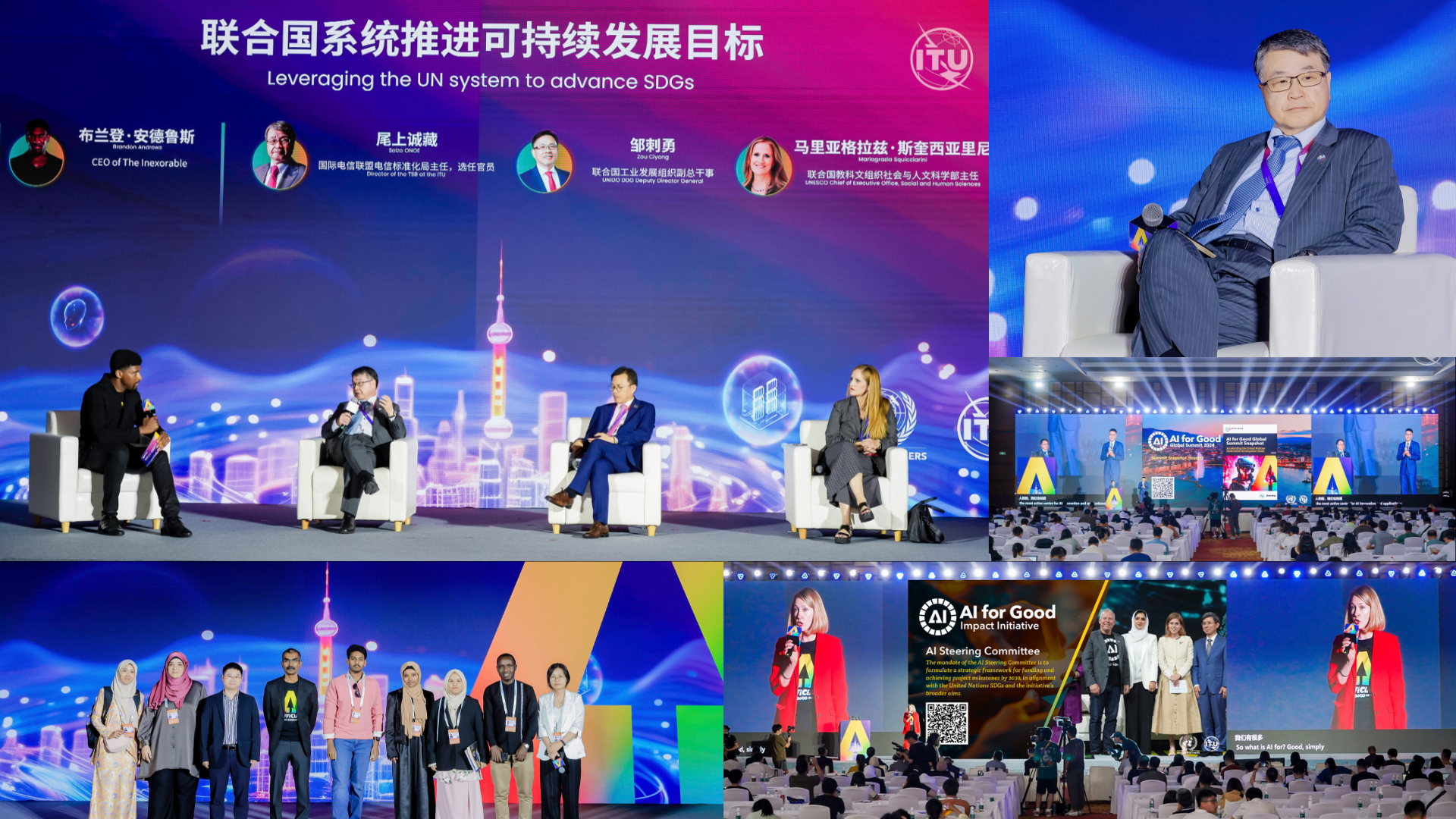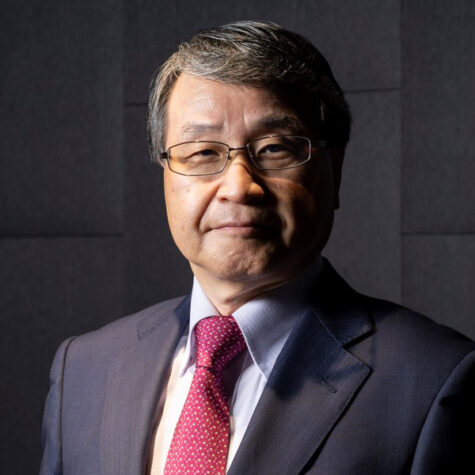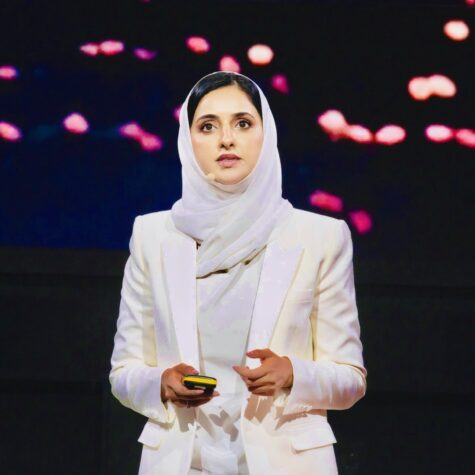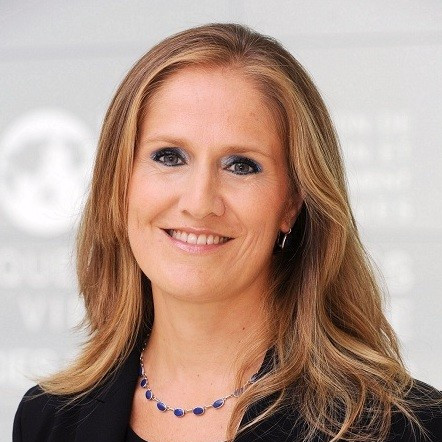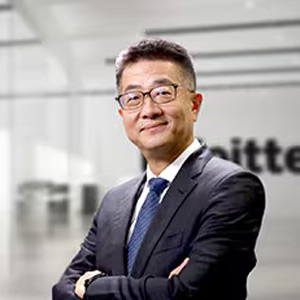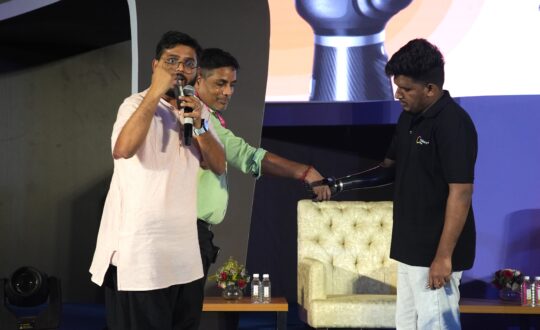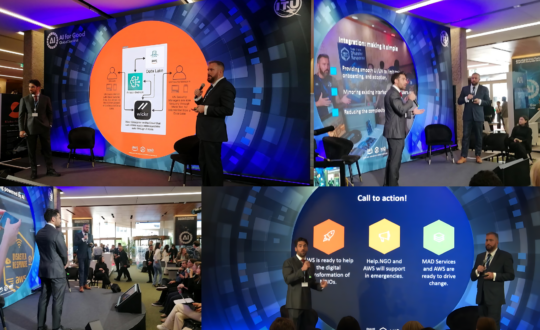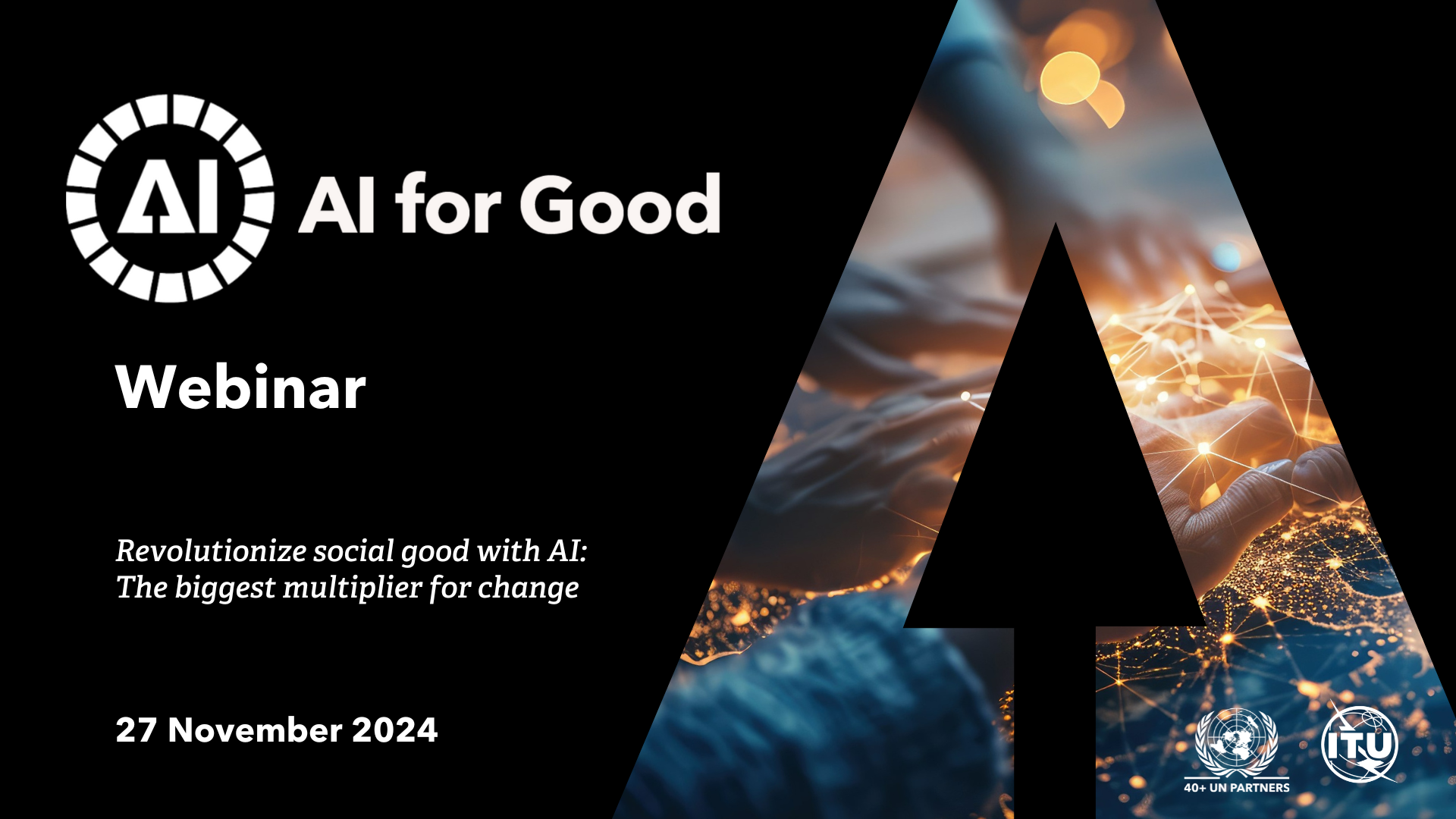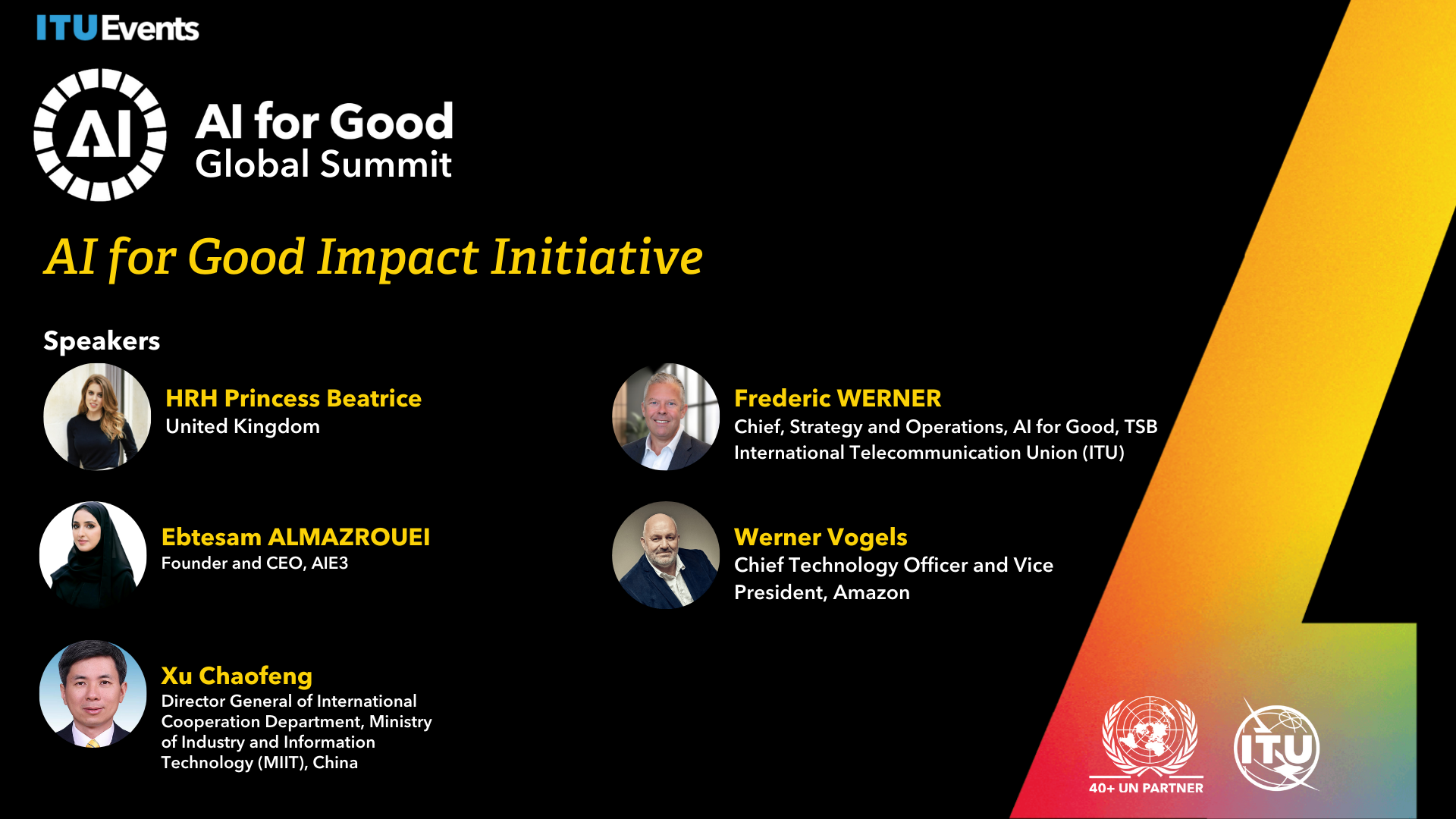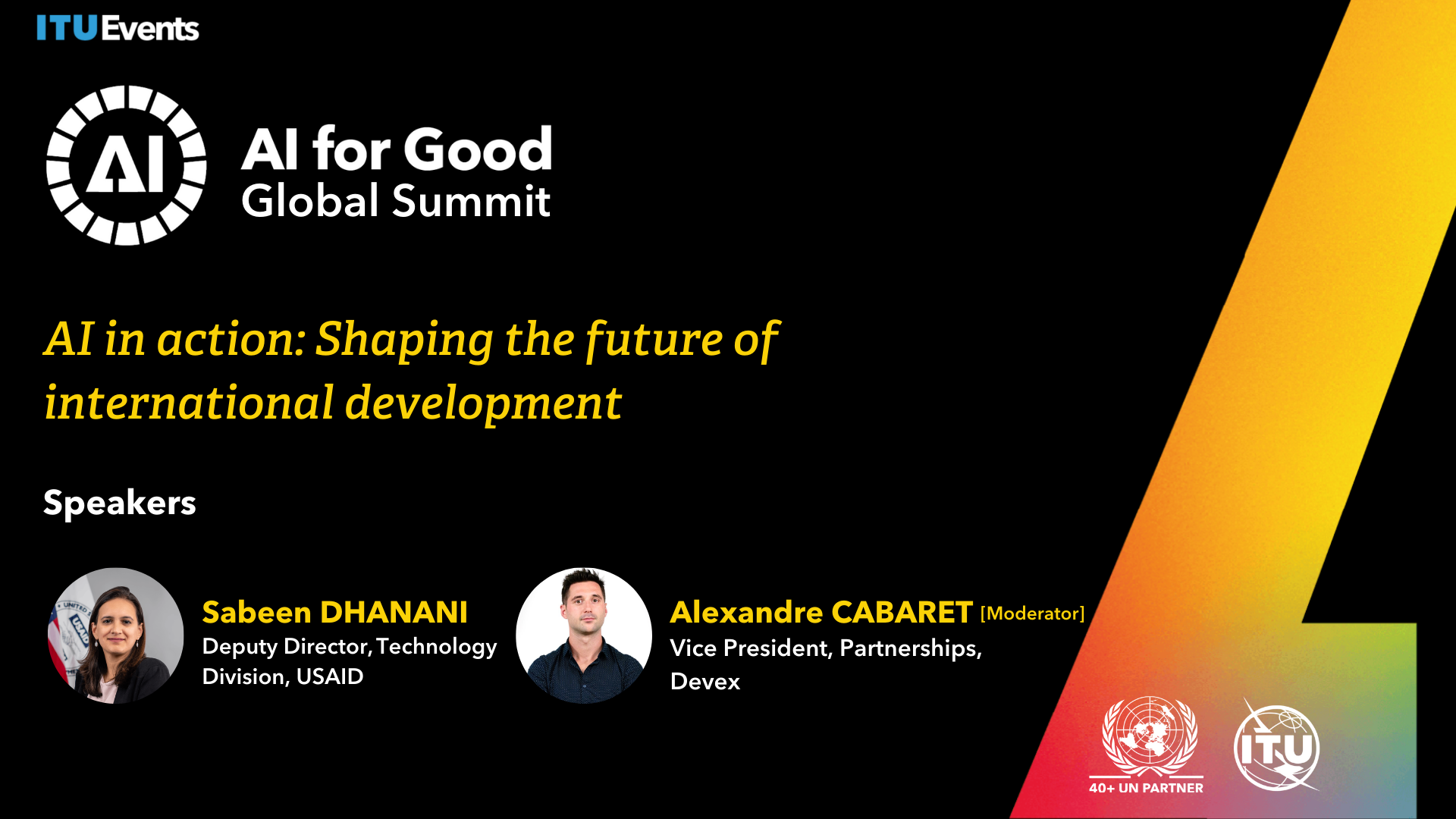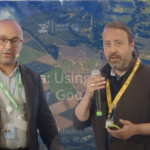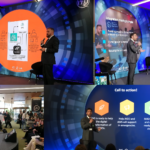In a world where AI is increasingly at the forefront of technological advancement, the AI for Good Innovate for Impact event held during the World Artificial Intelligence Conference (WAIC) in Shanghai showcased transformative potential of AI in addressing global challenges. Here are some of the key outcomes:
Standards: The Backbone of Sustainable AI
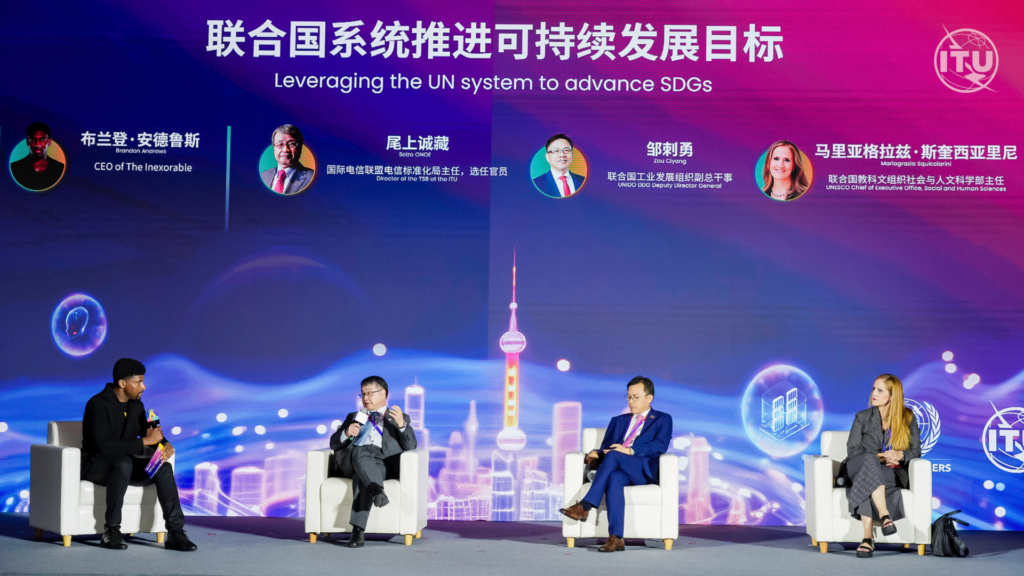
The event emphasized the critical role of standards in ensuring a safe and sustainable AI-driven future. Standards are essential for establishing a common framework that guides the development, deployment, and governance of AI technologies, ensuring they are used responsibly and ethically.
During a compelling panel session, UN representatives highlighted the necessity of standards in addressing the complexities of AI governance. Ciyong Zou, Deputy to the Director General and Managing Director at UNIDO, stressed that, “For [UNIDO], the main priority now is really to address the digital AI divide or deficit.” He emphasized the importance of a balanced approach to maximizing AI opportunities while mitigating associated risks. Zou also highlighted the critical need for capacity building, particularly in developing countries, stating:
“At the beginning of July 2024, there has been a UN resolution on AI capacity building for developing countries initiated by the Chinese government. This is an area UNIDO makes efforts on, through capacity building, through creating a platform for these member states, enabling public sector and private sector to learn from each other, and finally through partnership with UN sister agencies including ITU and other UN agencies.”
Dr. Mariagrazia Squicciarini, Chief of Executive Office, Social and Human Science Sector at UNESCO, added that ethical AI should respect human rights, dignity, and fundamental freedoms. She noted the importance of implementing principles into reality and emphasized that clear guidelines are needed on how countries can foster and enable ethical AI. Squicciarini also underscored the importance of multi-stakeholder approaches in AI governance.
“What we should be asking is: what do we want AI to do for society? And guide it in that direction,” she stated.
Seizo Onoe, Director of the Telecommunication Standardization Bureau at ITU, underscored the pivotal role of collaboration and consensus in the standardization process. He explained that standardization could play a great role in the implementation of AI governance, which was a key topic of the 2024 AI for Good Global Summit. Onoe also highlighted the commitment of ITU to building consensus, noting,
“Our standards are committed to building a consensus and publishing technical standards on a wide range of areas through multi-contents authentication, water marking, climate action, or green technologies.”
This discussion at the event made it clear that establishing robust standards is not just about technical specifications but also about creating a framework that supports ethical considerations and societal values. This outcome is crucial for guiding the future development of AI technologies in a way that benefits all of humanity.
Launch of the AI for Good Global Summit Snapshot Report
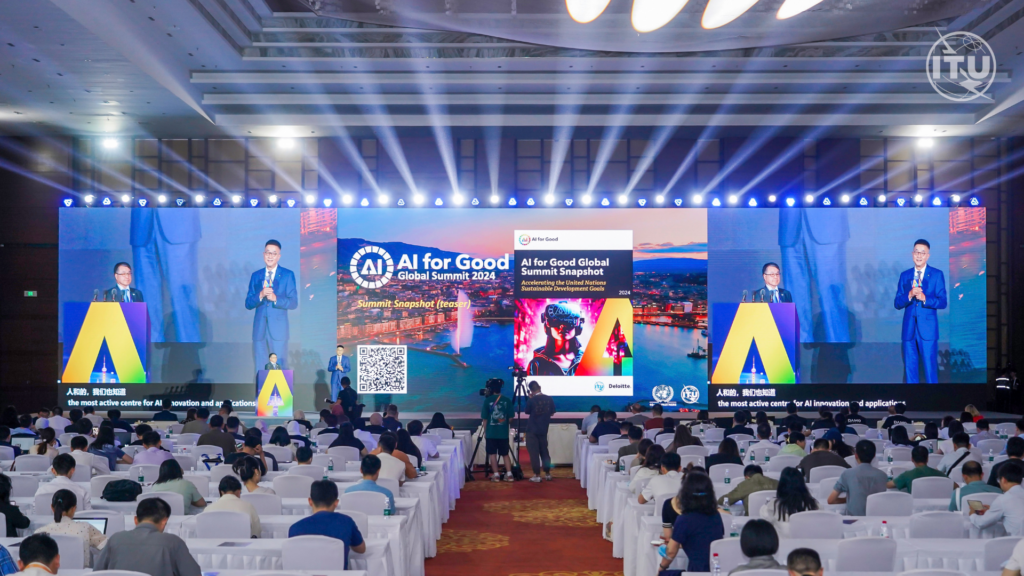
The event was also marked by the launch of the AI for Good Global Summit Snapshot Report, prepared in collaboration with Deloitte. This report provides a comprehensive overview of the discussions and insights from the 2024 AI for Good Global Summit.
Seizo Onoe announced the report with great enthusiasm and emphasized that it is more than just a summary; it is a valuable resource for policymakers, researchers, practitioners, and anyone interested in the transformative potential of AI. Onoe stressed the importance of collaboration in addressing the complex and multifaceted challenges we face, stating,
“One of the key takeaways from the summit is the importance of collaboration. The challenges we face are complex and multifaceted, and addressing them requires a concerted effort from all sectors of society,” Onoe said.
Stanley Dai, Deputy CEO and Chief Strategy Officer at Deloitte China, also spoke about the significance of the report and Deloitte’s commitment to AI. He highlighted Deloitte’s efforts in training over 120,000 professionals with generative AI skills and exploring their applications across industries. Dai emphasized that AI for Good reflects Deloitte’s mission to create both business value and societal impact, stating:
“Through our collective effort, we will achieve our ultimate goal for AI for good, that is, to channel its power to create a more equitable, sustainable, and prosperous world.”
The AI for Good Global Summit Snapshot Report is a testament of knowledge, collaboration, and inspiration. It underscores the critical role that partnerships between governments, industries, academia, and civil society play in ensuring that AI benefits all of humanity.
Announcement of the Impact Initiative AI Steering Committee
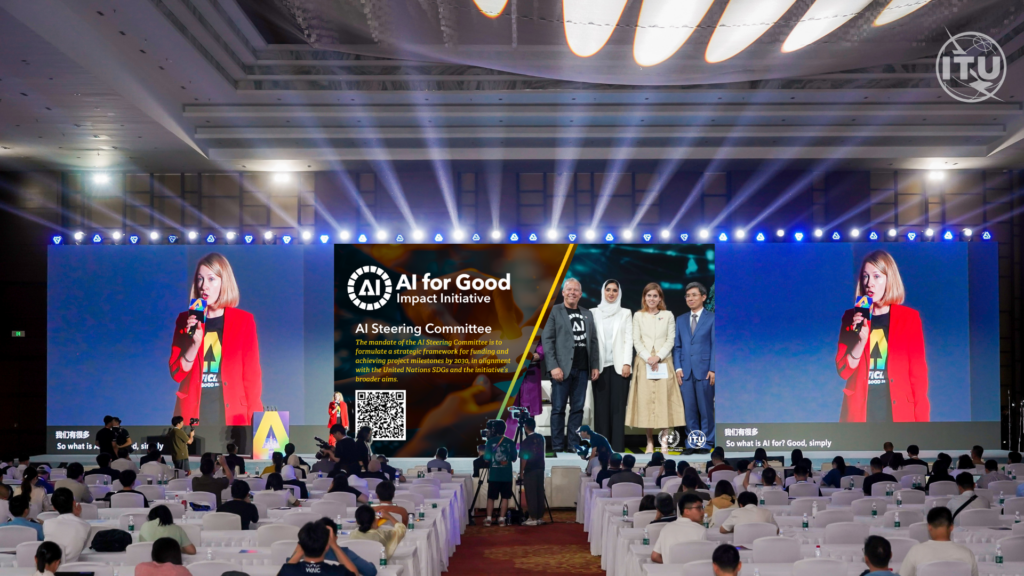
Kseniia Fontaine, AI for Good’s Business Development and Operations Officer, as well as Dr. Ebtesam Almazrouei, Founder and CEO of AIE3, made a major announcement regarding the AI for Good Impact Initiative.
The Impact Initiative will focus on building a global AI ecosystem by fostering strategic partnerships and collaborations with governments, NGOs, civil society, and international organizations. The goal is to establish scalable and repeatable AI solutions that promote ethical AI and responsible use for social good. This initiative is aimed at scaling AI for Good activities across all SDGs and regions, underscores the commitment to move beyond individual events and projects, fostering a global ecosystem that promotes ethical and impactful use of AI.
Dr. Ebtesam Almazrouei, joining the event remotely, announced the establishment of the AI Steering Committee. This committee will bring together AI experts, technology leaders, and visionaries from diverse disciplines worldwide, with their diverse perspectives shaping how AI projects are governed for the common good, fostering a global and inclusive approach.
“By fostering collaboration and knowledge exchange, we aim to amplify AI’s impact and create a more inclusive and sustainable future for all,” Dr. Almazrouei remarked.
This announcement marks a significant step towards leveraging AI to address pressing global challenges, ensuring that the technology benefits all of humanity through strategic and inclusive efforts.
Additionally, launched in 2024, the Innovate for Impact report, guided by ITU’s leadership in AI for Good, showcases AI’s potential to advance the UN SDGs. With use cases from 219 submissions across 38 countries, advancing crucial areas like health, sustainable cities, climate action, industry and inequality, AI for Good welcomed 13 global scholars from 118 applicants to refine these innovative use cases in our AI Scholars Program.
Empowering Scholars through Capacity Building

Finally, one of the main outcomes of the AI for Good Innovate for Impact event was the effective engagement and capacity building of the AI for Good Scholars. This initiative aims to nurture young talent dedicated to leveraging AI for the United Nations SDGs.
The scholars, from diverse backgrounds and regions, including Azerbaijan, China, Ethiopia, India, Nigeria, Palestine, Rwanda, Tanzania, and USA were selected to participate in both the 2024 AI for Good Global Summit in Geneva and the Innovate for Impact session at WAIC in Shanghai. Their journey involved intensive learning, mentorship, and hands-on experience in developing impactful AI use cases.
The program provided a comprehensive and immersive experience, combining theoretical knowledge with practical applications. Scholars participated in workshops, panel discussions, and cultural exchanges, deepening their understanding of AI concepts and gaining practical skills. They engaged with real-life AI applications, exploring project specific details and interacting with experts from industry giants such as Google, AWS, Microsoft, Alibaba, and China Telecom. Additionally, many of the scholars were introduced to the world of standards for the first time through mapping of regional use cases to ITU Recommendations and Specifications.
Activities included keynote presentations, collaborative research projects, networking events, and visits to local research institutes and technology companies. This engagement offered scholars a thorough understanding of current AI trends and technologies, fostering a global perspective on shared challenges and solutions.
Feedback from the scholars highlighted the program’s impact on their professional development. They reported expanded knowledge of AI technologies, ethics, and governance, and valuable networking opportunities.
“The AI for Good Scholar Program has played a pivotal role in shaping my AI journey, and I am confident it will continue to empower scholars in their pursuit of AI excellence,” one scholar noted.
By empowering the next generation of innovators and fostering global cooperation, the AI for Good Scholars program sets a high standard for future initiatives aimed at leveraging AI for social good.
AI for Good Innovate for Impact highlighted the immense potential of AI to address global challenges and foster sustainable development. Each of the event outcomes emphasized the importance of collaboration, ethical considerations, and strategic partnerships in harnessing AI for the common good. As the event demonstrated, by working together and leveraging diverse perspectives, we can ensure that AI technology serves to create a more equitable, sustainable, and prosperous world for all.




